Contents
“Do not save what is left after spending, but spend what is left after saving”
Warren Buffett
Get Your (Financial) House in Order
The importance of preparing your finances for the event of disaster cannot be understated.
A ‘disaster’ may not necessarily mean a multi-state hurricane or a devastating earthquake. It can mean a car accident, a home flooding, or other personal emergency that may stress your finances.
Background article: Around 28% of adults in the US, about 66 million people, are one emergency away from financial disaster according to the Princeton Survey Research Associates International.
Even extreme preppers can never really be 100% ready to live completely on their own for an indefinite amount of time. Buying and trading of goods and services goes back in our human history for as long as there have been societies, so we need to be prepared to do so even after a disaster strikes.
This blog post series will cover the following topics
- ⇒ Financial House I – Income Fundamentals
- Financial House II – Expenses and Management
- Financial House III – Finances for Emergencies
Form Good Habits
No matter the habit, if you repeat it enough times over a long period of time, the accumulated result compounds.
A positive repetitive behavior you may exhibit is eating healthy food and exercising regularly, which may lead to a longer life.
A negative habit you may have is biting your fingernails, which may cause an infection.
If you are a novice when it comes to finances, start small. Commit yourself to grow a little every day, and eventually you will have established new positive financial habits. Below are some behaviors we will be discussing in this article:
| Pay off debts | Accruing debt |
| Live below your means | Buying to impress others |
| Automate your finances | Not paying off credit cards in full |
| Grow an emergency fund | Impulse spending |
| Invest for retirement | Not saving/investing for your future |
| Learn something new | Remaining financially ignorant |
Each one of these habits, when repeated over the course of years or decades, will probably will affect how you will recover economically after a disaster or emergency.
Positive financial habits can also improve your personal economic standing that go far beyond disaster preparation and recovery, such as early retirement, financial independence, etc.
First Step – Education
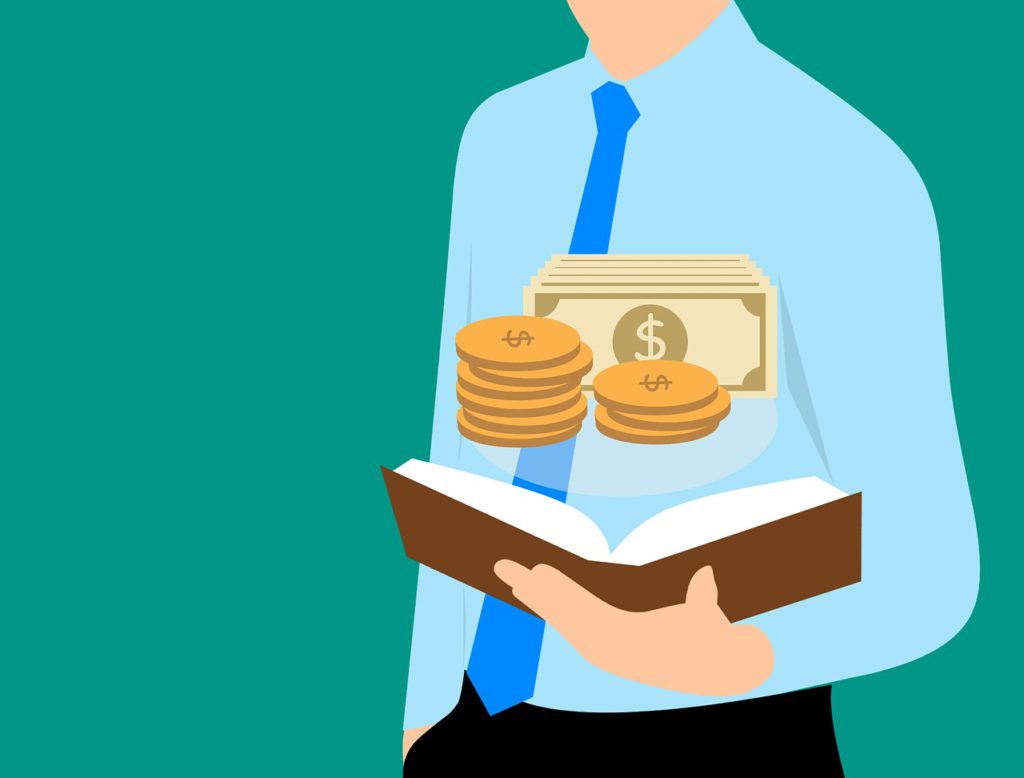
Improving your financial literacy is the key to having healthy finances.
Much like a plumber has nuanced keywords relevant to understanding pipes and fittings, increasing your financial vocabulary and comprehension will be as valuable as gold. Below are some very good sites to get started:
“I’m so poor I can’t even pay attention.”
Ron Kittle
The good news is that there are a lot of good materials on the internet to learn nearly every facet of the financial world, and the majority of the basics are free.
Before a Disaster – Get Financially Fit
Before we begin to talk about financially preparing for a disaster, we need to be financially strong. This does not mean you must have a fortune in the bank, it means having good financial discipline and habits, which can greatly affect how you live before a disaster and recover afterward.
Remember that a disaster can have many definitions, from a devastating hurricane to a major car accident. Our goal is to be prepared for as many eventualities as possible.
Live Below Your Means
Whether you make $35,000 or $135,000 a year, live and manage your finances as if you are making less than you actually are.
Living below your means should not be taken to live cheaply and resign to being poor, but rather as a way of managing your money. All money management fundamentals are the same, regardless of how much wealth you start out with.
As an extension to the Net Income equation, always ‘living below your means’ entails that your gross income is greater than your expenses. The larger the gross income is in relation to your expenses, the greater your net income is, and thus financially stronger.
A person who has a monthly gross income of 1 million dollars may sound great, but if their expenses are 3 million dollars that month, that person is hemorrhaging 2 million dollars.
The Financial House II post will focus on tools to help you achieve “living below your means”. For now, note that a higher income does not guarantee financial security.
The Most Important Equation
Don’t worry, no complicated math here. If you remember only one thing, it is the simple income equation:
Gross Income – Expenses = Net Income (or loss)
Gross Income is what you make, such as from your take-home wage.
Expenses are what you spend, such as on your rent and cup of coffee.
Net Income is what is left over.
Generally speaking, if you have more gross income than expenses, you have a positive net income (and are making money).
If the inverse is true, you have negative net income and are loosing money.
Income – Let’s Make Money
Gross Income – Expenses = Net Income
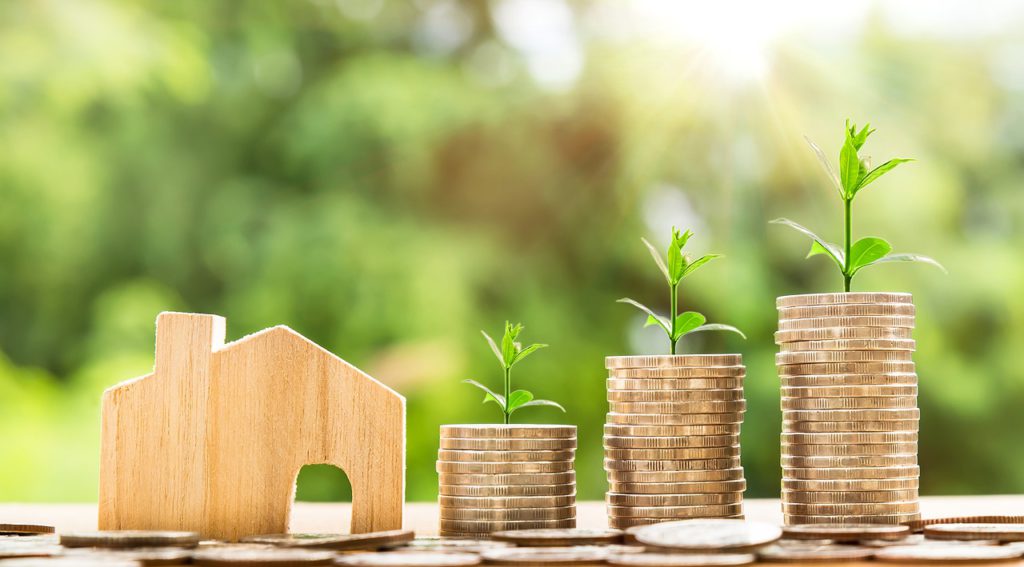
For most people, the biggest and most important source of income is your job. Since this is a vital stream of money, make your job more meaningful to you, your boss, and to the company.
There is no true job security in any workplace, so do not feel compelled to be ‘married’ to your company. If you are constantly learning new skills, you have a better chance to adapt to a company failure, economic downfall, or industry collapse.
Other forms of income may be plentiful once you get creative. Starting a small business on the side, for example, certainly has its risks and can take a long time, but the rewards can be abundant. Ideas for supplementary income are limited by your imagination.
- Rent a spare room
- Turn a hobby into a small business
- Profit from your digital skills (fiverr.com is a website dedicated to selling your services online)
- Sell unneeded things
- Solve problems for companies and get paid for it (innocentive.com, ideaconnection.com)
Advanced Income
Money inflows resulting from your investments may be a wonderful source of income. Dividend payouts, for example, are a disbursement that a company pays its investors. Capital gains mean profiting from selling an asset (or a portion of it) for more than what you paid for it.
The key to achieving advanced income as a result of investments is to invest early and often.
Action Items
Start taking charge of your financial wellbeing today.
- Always live below your means
- Better your financial literacy
- Start forming positive financial habits
- Repeat and reaffirm positive financial tasks
- Expand your sources of income where possible
- Learn and upgrade your skillset
The next article will focus on expenses, borrowing, budgeting, and other basic principles of good financial practices. Financial House II.
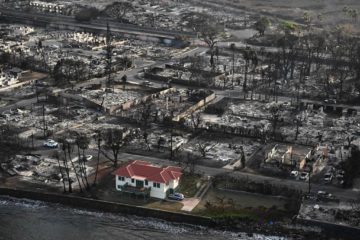
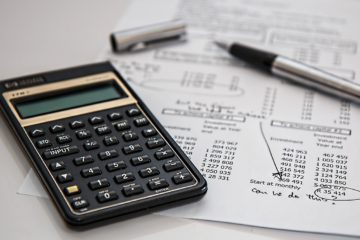
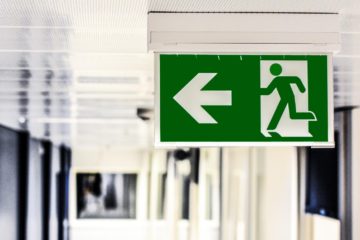
0 Comments